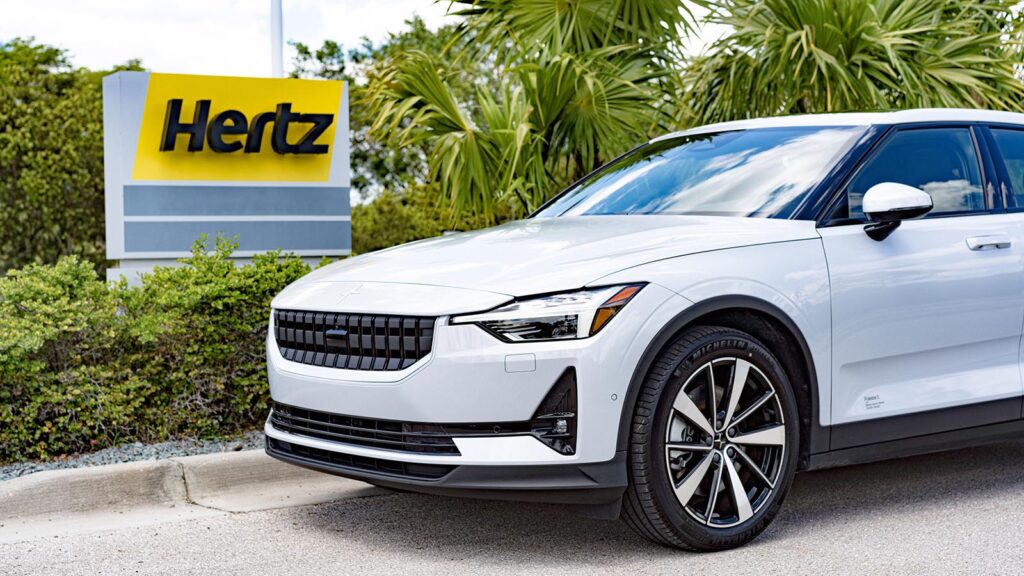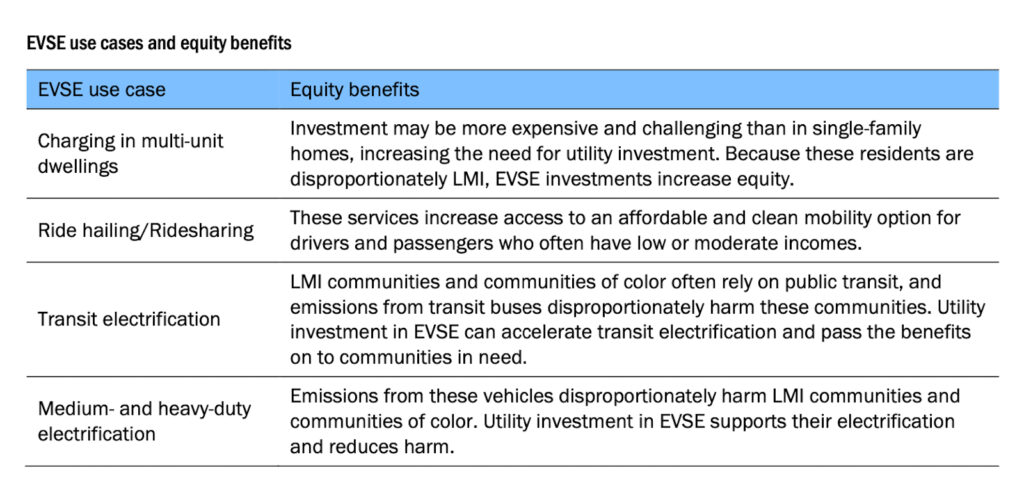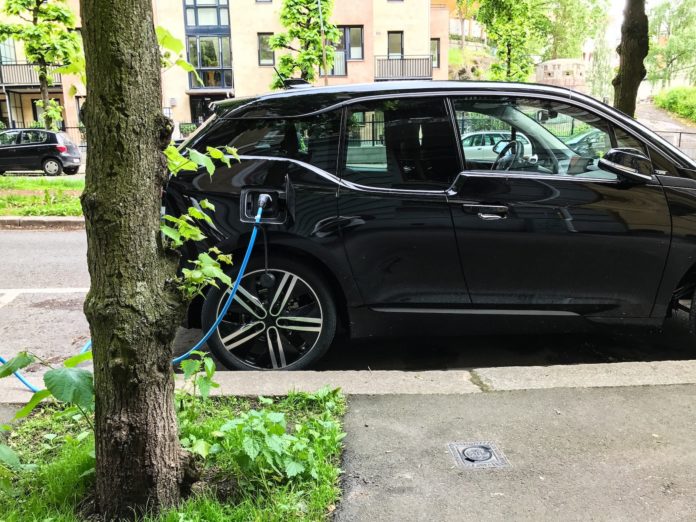In the transition to electric vehicles, the car rental business is facing even more of a paradigm shift than individual drivers.
By definition, rental car companies are usually providing cars to people away from their homes, therefore neither the renters nor the rental fleet can expect their customers to have access to their own home-based recharging capability.
Last September, the Hertz Corp. placed an order for 175,000 EVs from General Motors, and the company wants 25% of its rental fleet to be electric by the end of 2024. Enterprise Holdings, the parent company of Enterprise, National and Alamo car rental brands, currently offers thousands of EV rentals with vehicles from Tesla, Polestar, Nissan, Hyundai and Kia.
Pilot program in Florida
In partnership with the Electrification Coalition, Enterprise deployed a fleet of rentals in Orlando, Florida, which is the nation’s largest market for rental cars. The program also included participation by the City of Orlando, Central Florida Clean Cities Coalition and Orlando-area resorts and theme parks, including Walt Disney World and Universal Orlando Resort. The program issued a written report on its findings.

“Rental car companies operate some of the largest light-duty vehicle fleets in the country, so the electrification of this industry will be critical in the shift to an electric transportation future,” said Ben Prochazka, executive director of the Electrification Coalition.
“Drive Electric Orlando puts the consumer behind the wheel of an EV during a vacation — a perfect opportunity to experience all the benefits of this technology. The program engaged consumers during the early stages of EV market growth, and it can now serve as a roadmap for the rental car industry to go electric.”
The project was funded in part by the U.S. Department of Energy to promote consumer adoption of EVs by offering travelers a hands-on experience. Program partners incentivized participation by providing exclusive perks to Enterprise customers who rented EVs, including free parking, complimentary valet service and free charging.

“The rental car industry can help customers experience the benefits of electric vehicles first-hand, and this report demonstrates valuable insights on how to build a successful electric rental program,” said Michael Berube, deputy assistant secretary for Sustainable Transportation at the U.S. Department of Energy.
Supporting charging infrastructure
Beginning last year, Enterprise also created a partnership with the National League of Cities to develop the Equitable Electric Mobility Playbook — a resource for policymakers and stakeholders to recognize how an inequitable infrastructure landscape can impact poor and historically marginalized communities, and to explore ways to accelerate electric mobility adoption.
Additionally, Congress allocated billions of dollars toward the development of EV charging stations, through the Bipartisan Infrastructure Law. The goal of the Enterprise partnership with the NLC is to ensure that those charging stations are distributed fairly with respect to those who live in apartments as well as those in less-affluent and disadvantaged communities.
There’s a specific reason for Enterprise’s involvement, as many low-income people do not own cars, rather they rely on rentals when they need a vehicle. As the company transitions to electric vehicles, their customers will need adequate charging capability.
“This is one of the areas we wanted to get involved in because we have customers who live in socially vulnerable areas,” Chris Tabourne, vice president of strategic diversity initiatives at Enterprise Holdings, told Automotive News. “We want to make sure that all communities take advantage of the expansion of electric vehicles, and that socially vulnerable communities aren’t left behind.”

The American Council for an Energy-Efficient Economy (ACEEE) issued a white paper titled Siting Electric Vehicle Supply Equipment (EVSE) with Equity in Mind. This paper examines the role of utilities and their actions to date in equitable EVSE siting, which is a crucial component in equitable transportation electrification.
“Low- and moderate-income drivers have lower access to charging-enabled off-street parking, so expanding public charging where they live is crucial for equity,” said ACEEE’s Peter Huether.
As the United States and the world transition to electric energy for transportation, partnerships with a variety of stakeholders including automakers, mobility companies, energy providers, and government at all levels are being made to assist less-affluent communities prepare for change.
“We’re making sure we’re bringing attention to the issues that we believe are going to be very important to our renters and to the market at large,” said Chris Haffenreffer, vice president of strategy development at Enterprise Holdings. “We know that we are going to be providing mobility services. We might be providing infrastructure, and we want to do that in a way that supports the entire market.”

